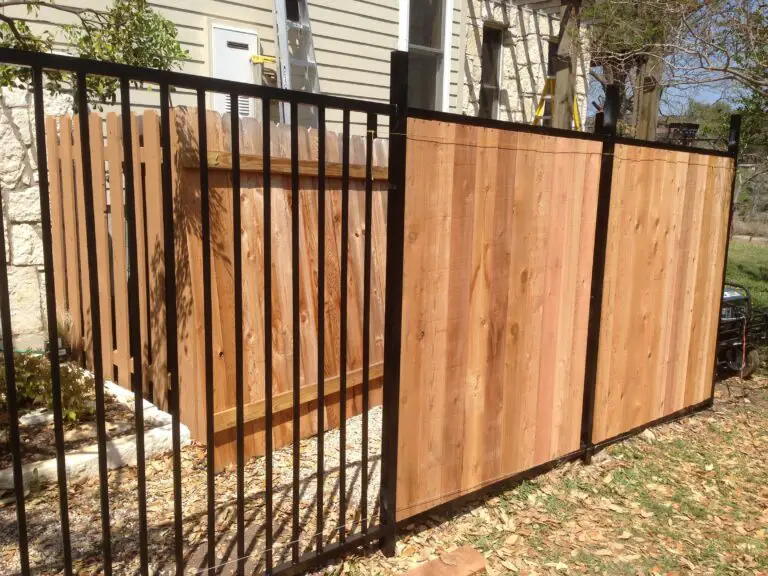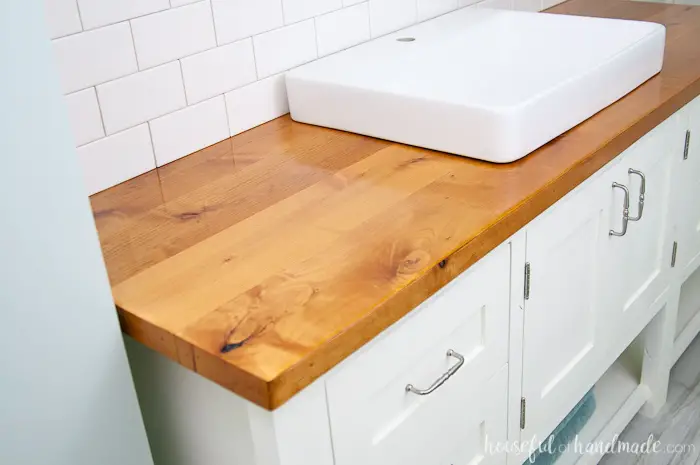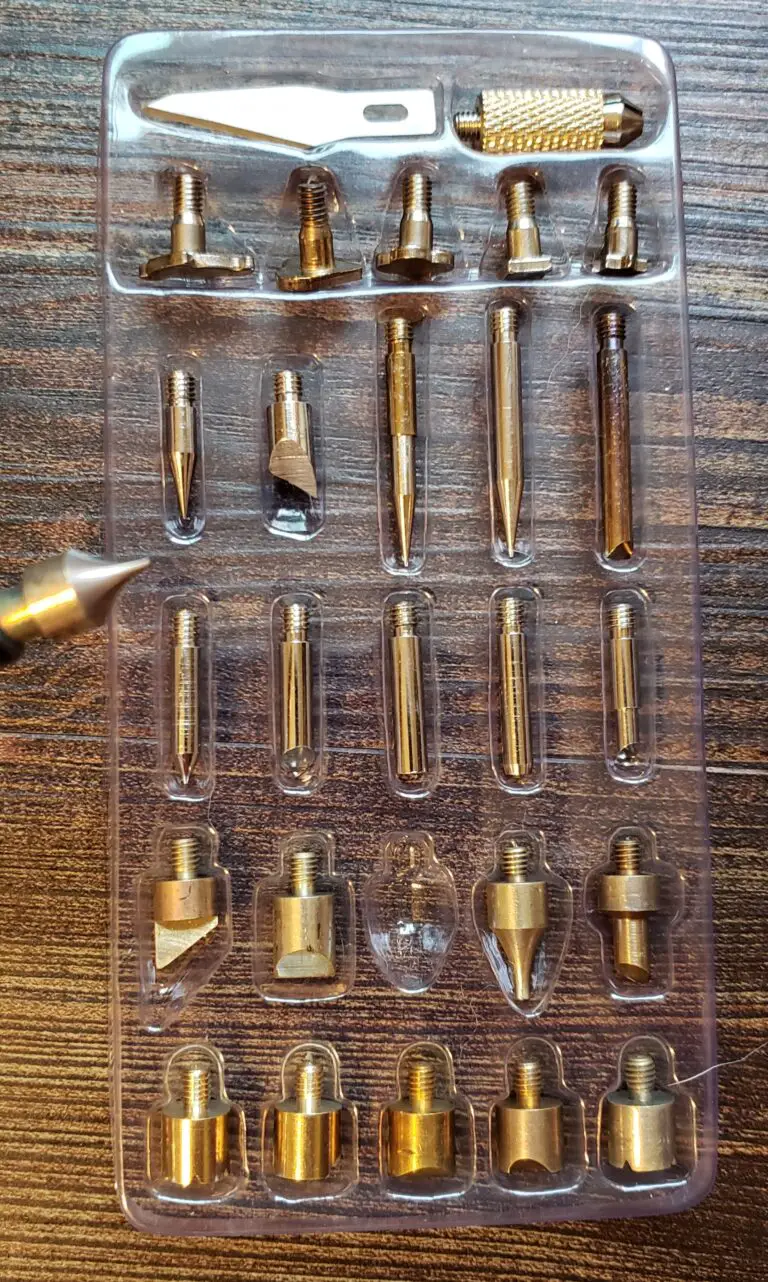What is the Best Wood for Carving: Discover the Top Choices
Wood carving is a beautiful and traditional form of art that has been practiced for centuries. Whether you are a seasoned woodworker or a beginner, choosing the right type of wood for your carving project is essential. The best wood for carving is one that is easy to work with, has a beautiful grain pattern, and holds intricate details well. In this article, we will explore the best types of wood for carving and the unique characteristics that make them ideal for wood carving projects.
1. Basswood
Basswood is often considered the best wood for carving for several reasons. It is a soft hardwood with a fine, even texture that makes it easy to work with hand tools or power tools. Basswood is also relatively affordable and readily available, making it a popular choice among woodcarvers. It holds intricate details exceptionally well and is ideal for carving small figures, intricate patterns, and delicate designs.
| Pros | Cons |
|---|---|
| Easy to carve | Can be prone to splintering |
| Readily available | Not suitable for outdoor use |
| Ideal for intricate details |
2. Cherry Wood
Cherry wood is a popular choice for carving due to its rich, reddish-brown color and smooth grain. It is a moderately hard wood that is well-suited for carving both small and large projects. Cherry wood has a beautiful natural luster and finishes well, making it an excellent choice for creating decorative carvings, furniture accents, and architectural details.
| Pros | Cons |
|---|---|
| Beautiful natural color | Can be expensive |
| Finishes well | Harder than basswood |
| Ideal for decorative carvings |
3. Walnut
Walnut is a popular choice for carving due to its rich, dark brown color and striking grain pattern. It is a durable hardwood that is well-suited for carving intricate details and creating deep relief carvings. Walnut finishes beautifully and is often used for creating heirloom-quality carvings, furniture, and decorative accents.
| Pros | Cons |
|---|---|
| Rich, dark color | Expensive |
| Deep, striking grain pattern | Dense and heavy |
| Ideal for heirloom-quality carvings |

Credit: www.pinterest.com
4. Maple
Maple is a dense and durable hardwood that is well-suited for carving. It has a fine, even grain and a light, creamy color that makes it an ideal choice for creating intricate carvings, turned objects, and musical instruments. Maple finishes well and is often used for carving projects that require a combination of strength and fine detail.
| Pros | Cons |
|---|---|
| Dense and durable | Can be difficult to carve |
| Light, creamy color | Not suitable for outdoor use |
| Ideal for intricate carvings and musical instruments |
5. Butternut
Butternut, also known as white walnut, is a softer hardwood that is easy to carve and has a beautiful grain pattern. It is often used as a more affordable alternative to walnut due to its similar appearance and workability. Butternut is ideal for carving small to medium-sized projects and is favored by woodcarvers for its ease of use and attractive natural color.
| Pros | Cons |
|---|---|
| Easy to carve | Not as durable as walnut |
| Beautiful grain pattern | Light color may darken over time |
| Affordable alternative to walnut |
Frequently Asked Questions For What Is The Best Wood For Carving: Discover The Top Choices
What Wood Is Best For Carving?
Popular choices include basswood, walnut, cherry, and mahogany for their ease of carving.
Is Softwood Or Hardwood Better For Carving?
Hardwood is generally preferred for its density and durability when carving intricate details.
What Are The Characteristics Of Good Carving Wood?
Good carving wood should be fine-grained, free from knots, and easy to carve and shape.
Can I Use Any Type Of Wood For Carving?
While any wood can technically be carved, some woods are easier to work with and yield better results.
Conclusion
Choosing the best wood for carving depends on the specific requirements of your project, including the level of detail, size, and intended use of the finished piece. Each type of wood has its unique characteristics and advantages, so it’s essential to consider the qualities that align with your carving goals. Whether you prefer the workability of basswood, the rich color of cherry wood, or the striking grain pattern of walnut, there is a perfect wood for every carving project.
Remember that practice and experimentation are essential to finding the best wood for your carving endeavors. Each wood has its own personality and characteristics, and the more you work with different types of wood, the better you will understand their unique qualities and how to best utilize them in your carving projects.





